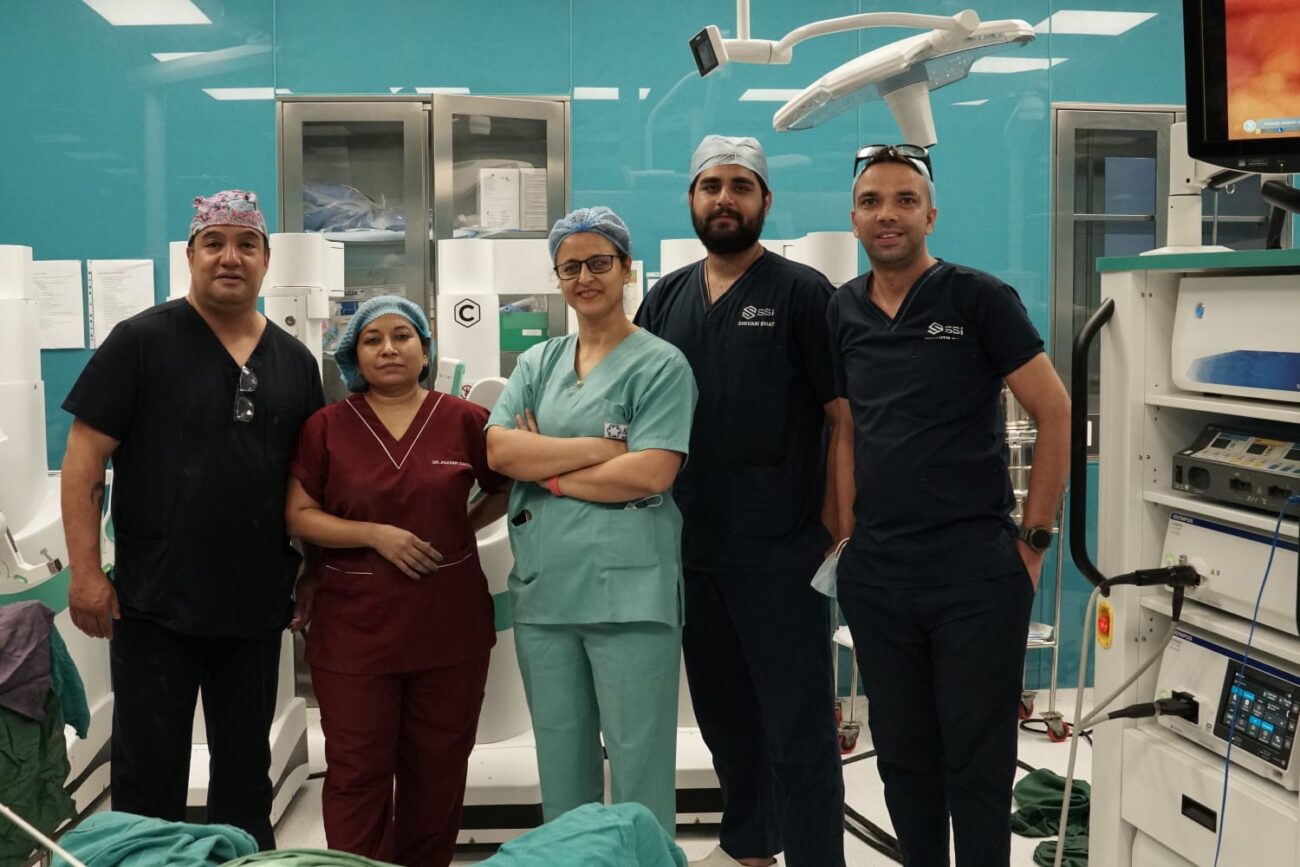Frontline health workers will be at an increased risk of COVID-19 and will experience stigmatisation: Governments need to be prepared and not be reactive
Front Line Health Workers (FLHW) will be at an increased risk of COVID-19, even in the course of their normal activities. Therefore, it is essential to provide personal protective equipment in adequate quantities. This should
Front Line Health Workers (FLHW) will be at an increased risk of COVID-19, even in the course of their normal activities. Therefore, it is essential to provide personal protective equipment in adequate quantities. This should be accompanied by training on proper usage in the early phase itself. Just like in other pandemics, FLHWs will experience stigmatisation and proactive steps need to be taken before hand.
These are the key finding of the rapid synthesis of evidence carried out by researchers at the George Institute for Global Health, India to support the planning and development of resources for FLHWs during COVID-19.
Governments across the world are working tirelessly to prevent COVID-19 to spread among communities. The Rapid Evidence Synthesis (RES) team received a request to throw light on how to be better prepared for COVID-19 and support development of resources for FLHWs. The team looked at global evidence from recent pandemics to understand issues and challenges for FLHWs during COVID-19. This was done in a short duration of 3 days.
“Our synthesis provides information on learnings which the government needs to use to be better prepared. This ensures we are not reactive and can focus our energies on COVID-19 instead of trying to protect and retain FLHWs in the midst of a potentially long drawn war.”, says Dr Soumyadeep Bhaumik, The George Institute for Global Health, India and the lead for this research.
The report points out that engaging FLHWs who continue to perform routine service delivery in identification and listing of COVID-19 patients, is not without its risk including that of transmission of COVID-19.
FLHWs will experience stigmatisation, isolation and been socially ostracised. Providing psychosocial support, non-performance-based incentives, additional transport allowance, child-care support should be planned. Awards and recognition are required for motivation. Without an active and motivated health workforce, it is difficult to tackle COVID-19. “A role focussed on creating awareness and support for prevention and countering social stigma is better suited for FLHWs” adds Dr Jyoti Tyagi another member of the research team
“It will not be business as usual”, emphasises Dr Soumyadeep. Disruption in supply-chain, logistics and supportive supervision and this would impact routine service delivery of FLHWs. It is important to plan which activities are essential and thus to be continued and which might be postponed.
The rapid evidence synthesis went beyond research evidence and integrates multiple types and levels of evidence from across the world. The inventories provided serves as a ready resource guide for any country considering the use of FLHWs to control COVID-19.



